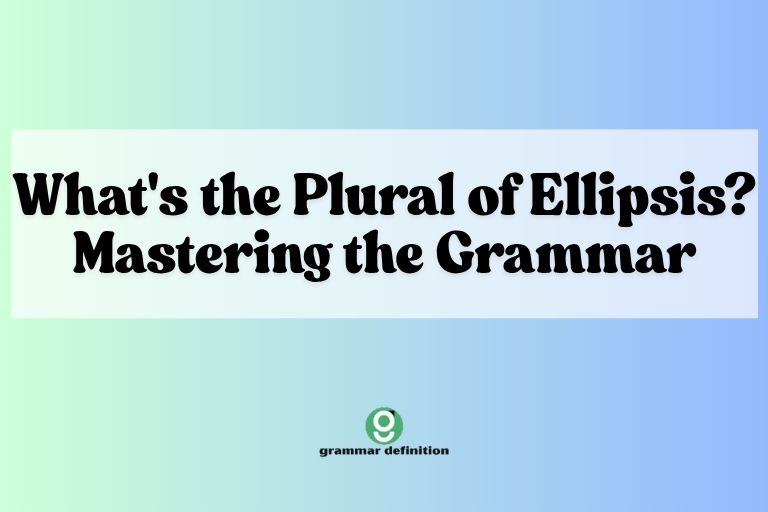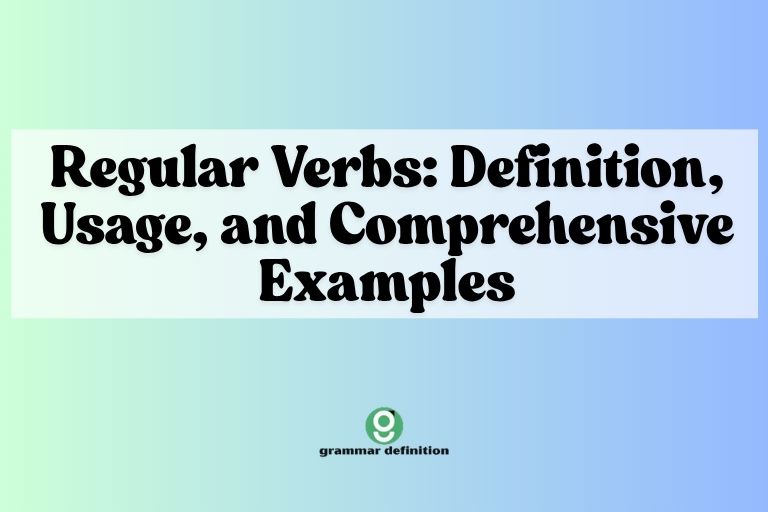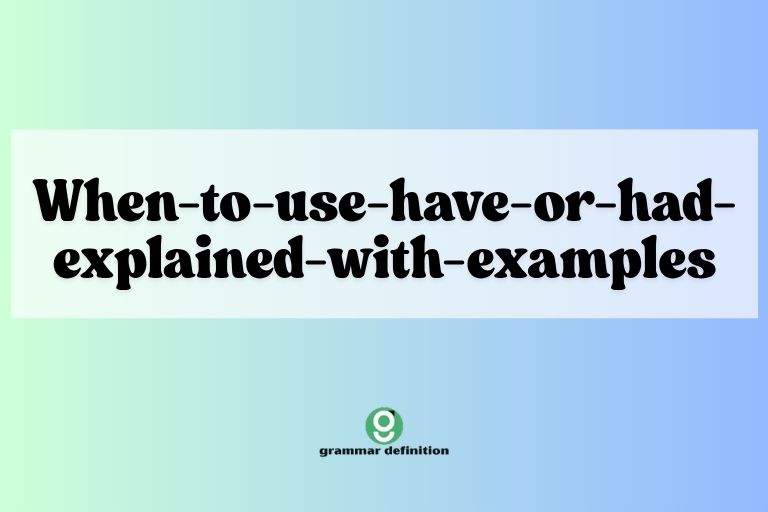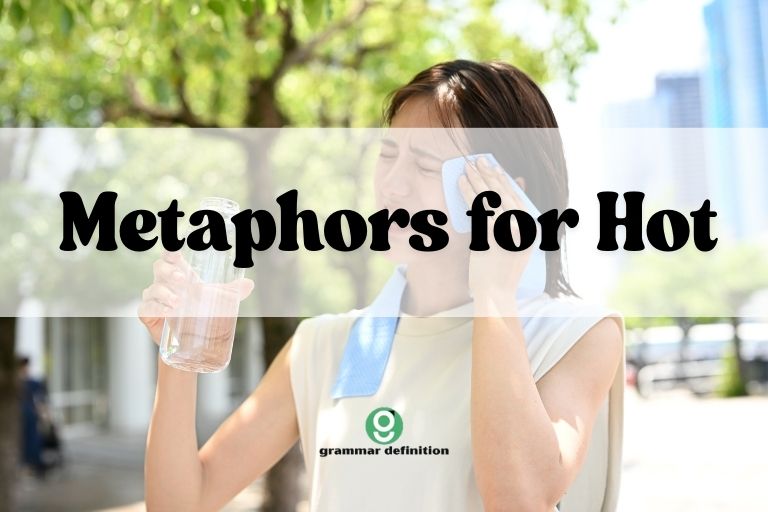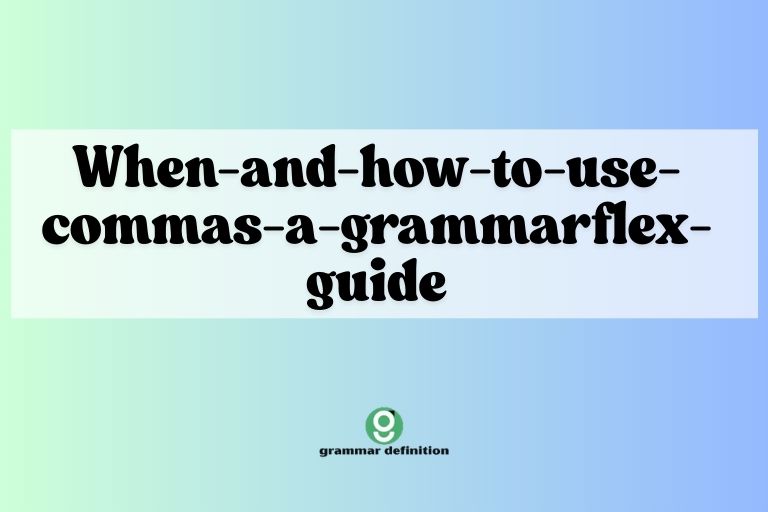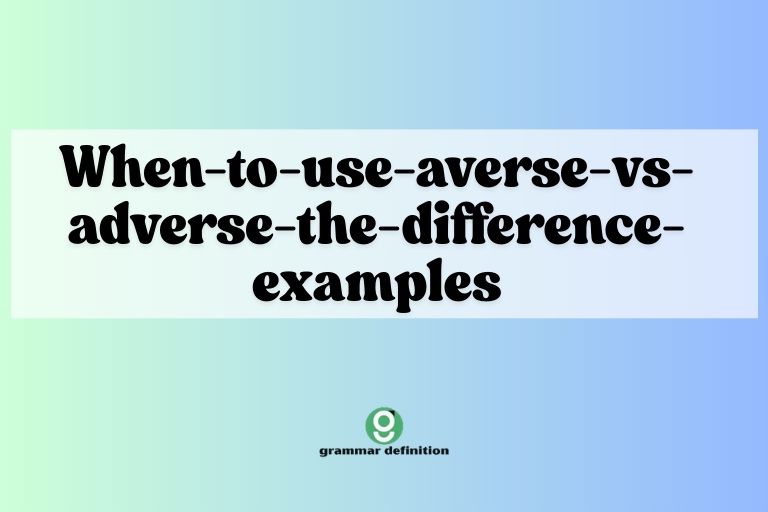What’s the Plural of Ellipsis? Mastering the Grammar
Understanding the plural of “ellipsis” is crucial for anyone aiming to write with precision and clarity. Ellipses are commonly used in both formal and informal writing to indicate omissions, pauses, or trailing thoughts. Knowing how to correctly pluralize this term ensures that your writing remains grammatically sound and avoids potential misunderstandings. This article provides a…

